Exploring the Mystique of the McLellan-Sweat Mansion in Portland
Nestled on the historic Spring Street of Portland, Maine, the McLellan-Sweat Mansion is more than just an architectural marvel; it’s a capsule of 19th-century splendor and mystery. Constructed during Portland’s prosperous “Golden Age,” this mansion is a window into the opulence of eras past, featuring everything from Victorian decor to Gothic detailing. In this exploration, we delve into the mansion’s storied past, its preservation, and the eerie tales that whisper through its halls.
The Architectural and Historical Journey of the McLellan-Sweat Mansion
Built in the 1800s, the McLellan-Sweat Mansion has been a cornerstone of Portland’s architectural and social history. The mansion’s initial owner, Margaret Jane Sweat, an affluent socialite of her time, infused the home with luxurious interiors including imported wallpapers and ornate oak mantelpieces. Her dedication to aesthetic excellence set the stage for the mansion’s legendary status.
Upon her death, Margaret bequeathed the mansion to the Portland Society of Art, with explicit instructions to maintain its 19th-century charm. Despite this, the mansion underwent several renovations over the years, including a significant 1911 addition that linked it to neighboring structures. These changes sparked controversy, especially among preservationists who felt these modifications betrayed Margaret’s original intentions.
Ghostly Whispers: Unveiling the Mansion’s Haunted Reputation
Amidst its rich history, the McLellan-Sweat Mansion is shrouded in tales of the paranormal. The mansion’s most famous spectral inhabitant is believed to be Captain Asa Clapp, whose family previously owned the property. Legend has it that Captain Clapp’s spirit lingers, perhaps overseeing the preservation of his once cherished home.
Another ghostly figure rumored to roam the halls is that of Margaret Jane Sweat herself. Visitors and staff speculate that her presence manifests dissatisfaction with the changes made to her once-pristine dwelling. There are also whispers of a spectral neighbor, tied emotionally to an artifact within the mansion, adding another layer of mystique to the historic estate.
Despite intrigue and anecdotal accounts, concrete evidence of these hauntings remains elusive, largely due to the Portland Society of Art’s guarded stance on paranormal investigations. This secrecy only fuels the mansion’s mysterious allure, making it a magnet for both history buffs and ghost hunters alike.
Today, the McLellan-Sweat Mansion stands as a beacon of 19th-century grandeur, inviting visitors to step back in time and perhaps encounter a ghostly inhabitant. Its blend of rich history, stunning architecture, and whispered legends offers a unique glimpse into Portland’s vibrant past and haunted present.

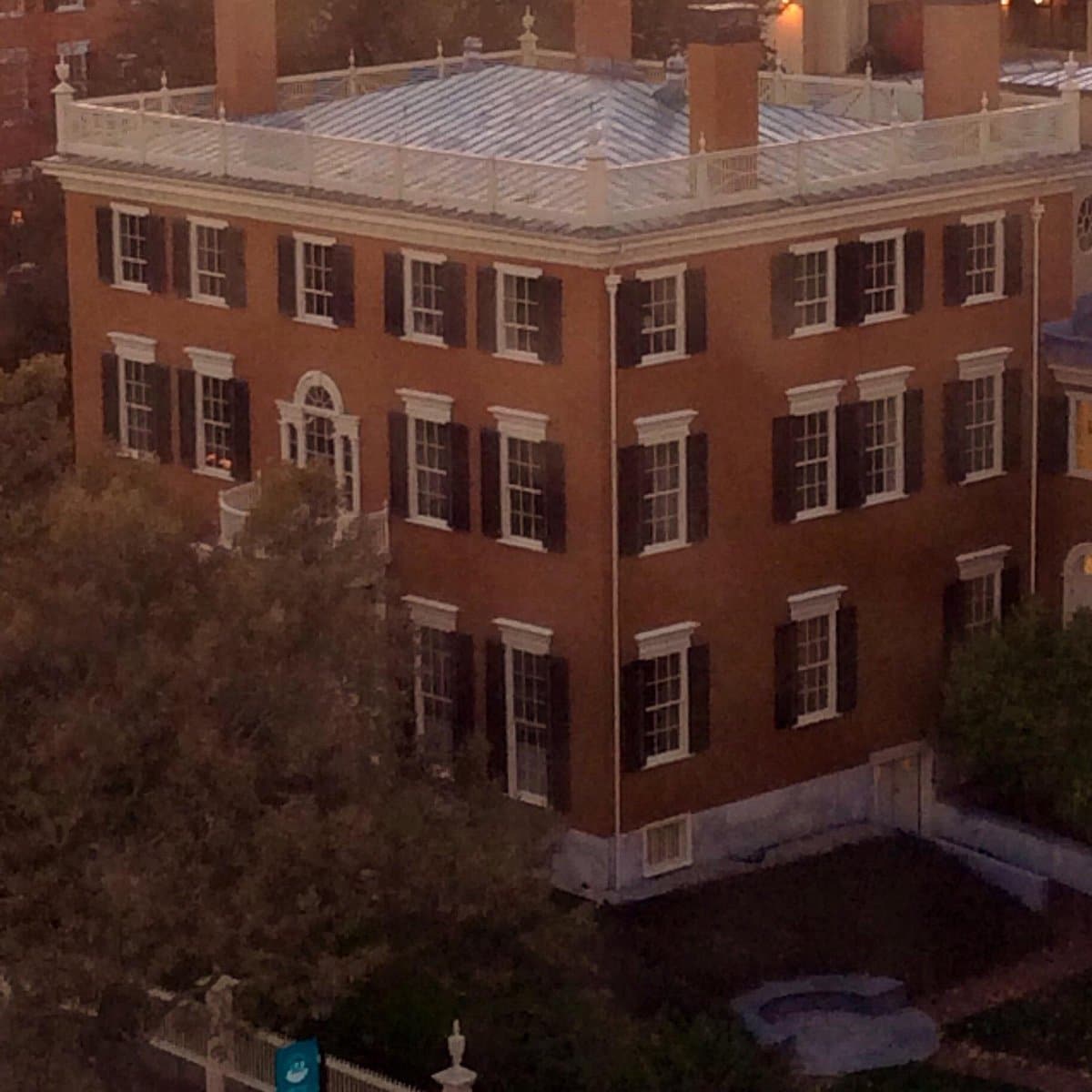


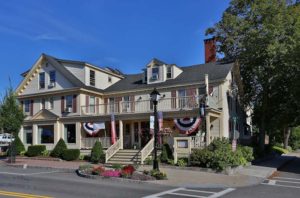
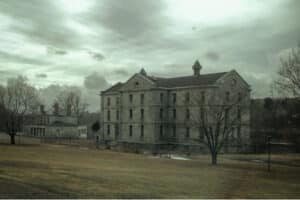
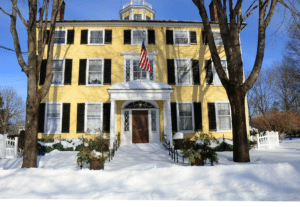
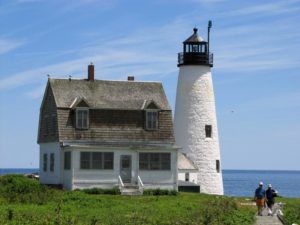

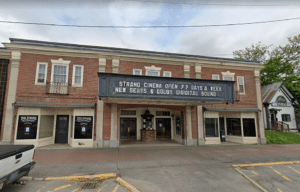

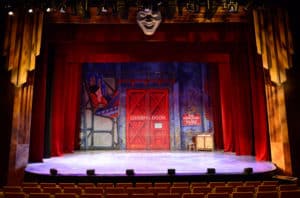
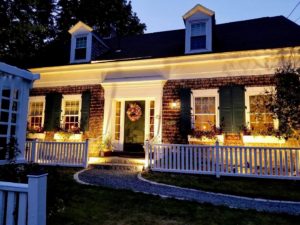
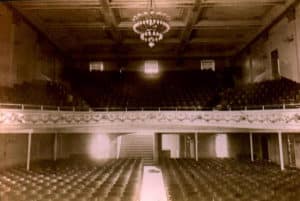

Leave a Reply